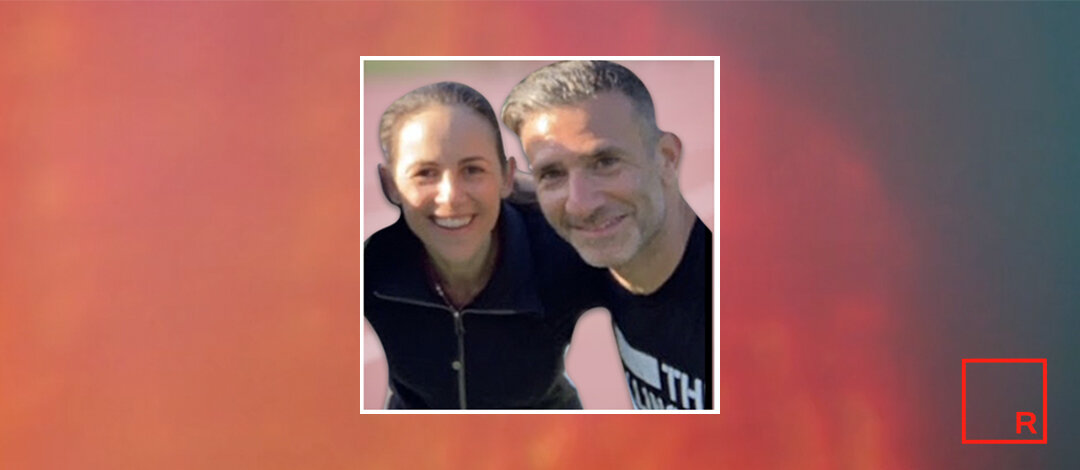Mentors, Partnerships and Founders With Chips on Their Shoulders; Lux Capital’s Josh Wolfe Shares His Perspective on All Three with Renegade Partners
When we sit down with thought leaders, founders and industry insiders, we glean the nuggets of knowledge that can be instructive for founders, and hand-select the most salient points for their benefit. Whether it’s personal experiences that altered their career trajectory; what they look for in founders and new hires; investment themes that are piquing their interest; or their views on capital market trends, our conversations are as dynamic as our guests.
We recently sat down with John Wolfe, co-founder and managing partner of Lux Capital, and covered everything from Proust, the gap between simulation and reality and the yin and yang of successful partnerships. Josh co-founded Lux Capital to support scientists and entrepreneurs who pursue counter-conventional solutions to the most vexing puzzles of our time that will propel us into a brighter future.
Josh also shared some poignant insights into what characteristics make the best entrepreneurs and partnership. Here are the highlights from our conversation:
He Looks for Founders With Chips on Their Shoulders. Seriously.
Over time Josh found success investing in the rebel founder, the one who has something to prove. Maybe they had to overcome poverty, a learning disability or speech impediment, or came from a broken family. The force to overcome adversity, even if circumstances change, never really goes away and is a trait in founders that Josh believes is one of the fuels of progress.
“I have this phrase that people have been indoctrinated with at Lux, which is ‘chips on shoulders puts chips in pockets.”
The Best Entrepreneurs = Anti-Entropic
A true scientist, Josh admits an obsession with finding mental models or universal principles that extend across disciplines and time. Entropy, the measure of molecular disorder or randomness of a system, is one. “We are organisms that are basically fighting entropy,” he says. “We take an energy and we put out waste and try to create order.”
That is the same thing in a startup and in a portfolio. Left unattended without energy, things devolve into a sort of heat death. In this framework, he considers the best entrepreneurs are people who have an intensity and ability to galvanize people and resources. They can set an agenda, a fast pace and a drum beat. Essentially, “they’re anti entropic,” he says.
What Makes A Successful Partnership
Josh and his co-founder, Peter Hébert, have complementary strengths and weaknesses-a true yin and yang. Where Josh’s basic philosophy is ‘failure is the failure to imagine failure,” Peter is much more of an optimist. He says this mix is necessary and lends itself to a balanced approach for the firm. “We have a saying at the firm that if two people are the same, one of them is unnecessary. You want to be complementary, you want to be able to disagree and you want to be able to be overt.”

